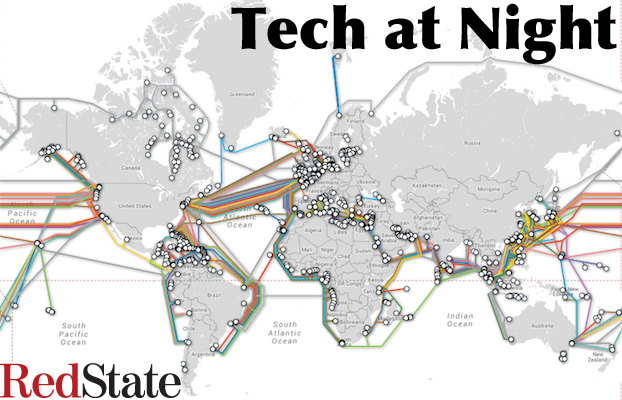
According to the government, if they think you’re breaking the law, they have the authority to break into your servers. Given the possibility of errors, combined with the tendency of third parties to gather data which could help, this puts private citizens online in a tricky spot.
Now, don’t get me wrong, I’m not sympathetic to the Silk Road scum, and I’m inclined to look the other way when an anarchist gets stomped by the state.
However, Google is right that it’s government’s fault that there’s a new push for encryption online.
Even if you support NSA’s role online, a government that is not transparent while actively searching people’s data, is a good reason to keep your data encrypted. Governments make mistakes, and data gets leaked. Just look at Bradley Manning’s case, or Edward Snowden’s.
Should our data be at the mercy of anarchists, traitors, and opportunists? No, we have the right to secure our data. And government has no business telling us they need special access. Democrats have wanted that since the Clinton era, with the Clipper program of so-called Escrowed Encryption (where you can encrypt your data, but government can always decrypt it), but it’s never had any popular support. Rightfully not.
If Belkin can’t even keep routers running, why would anyone trust the Internet of Things?
There’s no such thing as a ‘light’ or ‘forbearance’ version of Title II Reclassification, which would cause the Internet to be regulated by the FCC like the phone system. 1930s regulation for 2010s technology.
Net Neutrality violations are a myth, finds the European Commission, after spending a year trying to gin up justification for government control of the Internet.